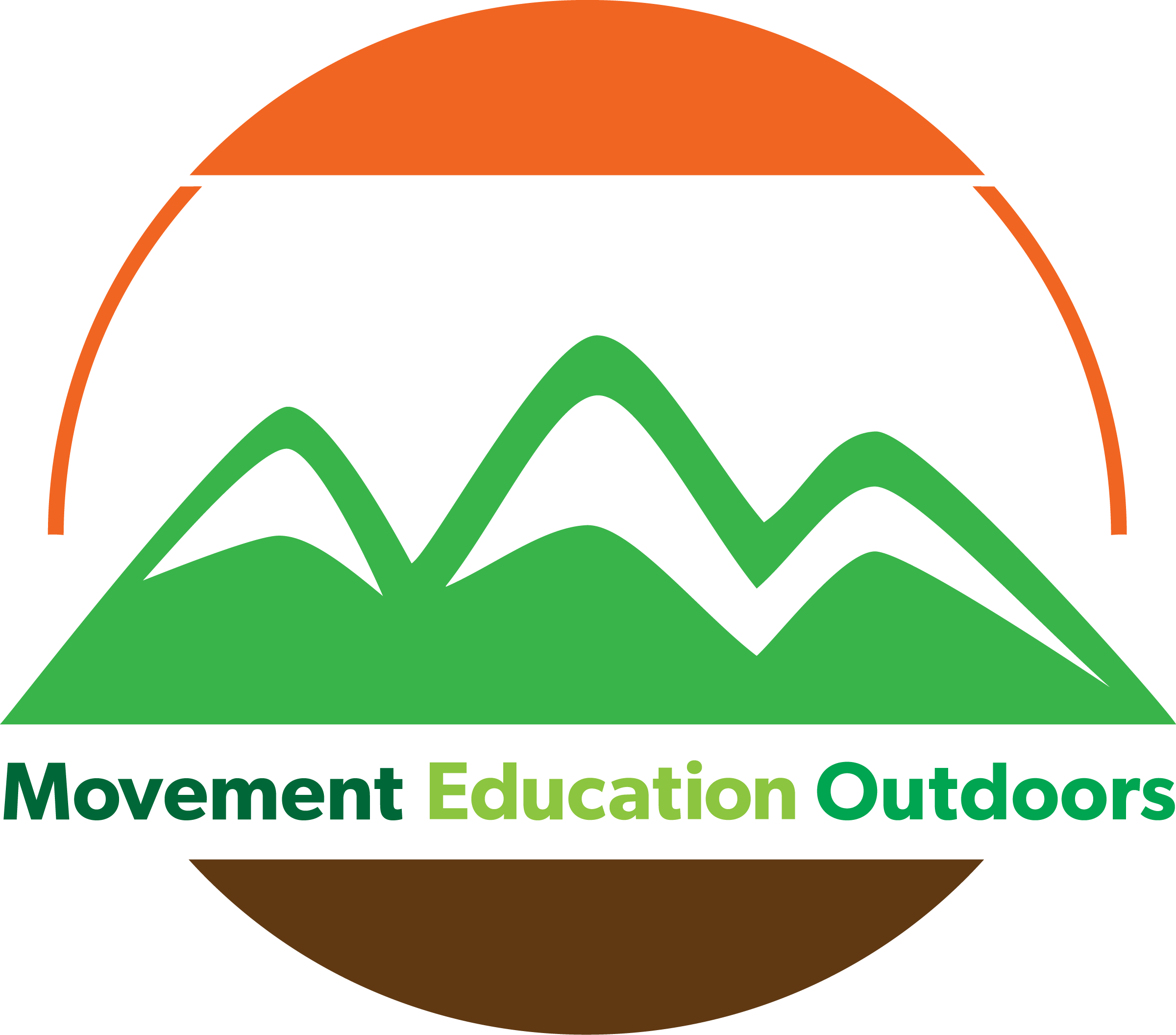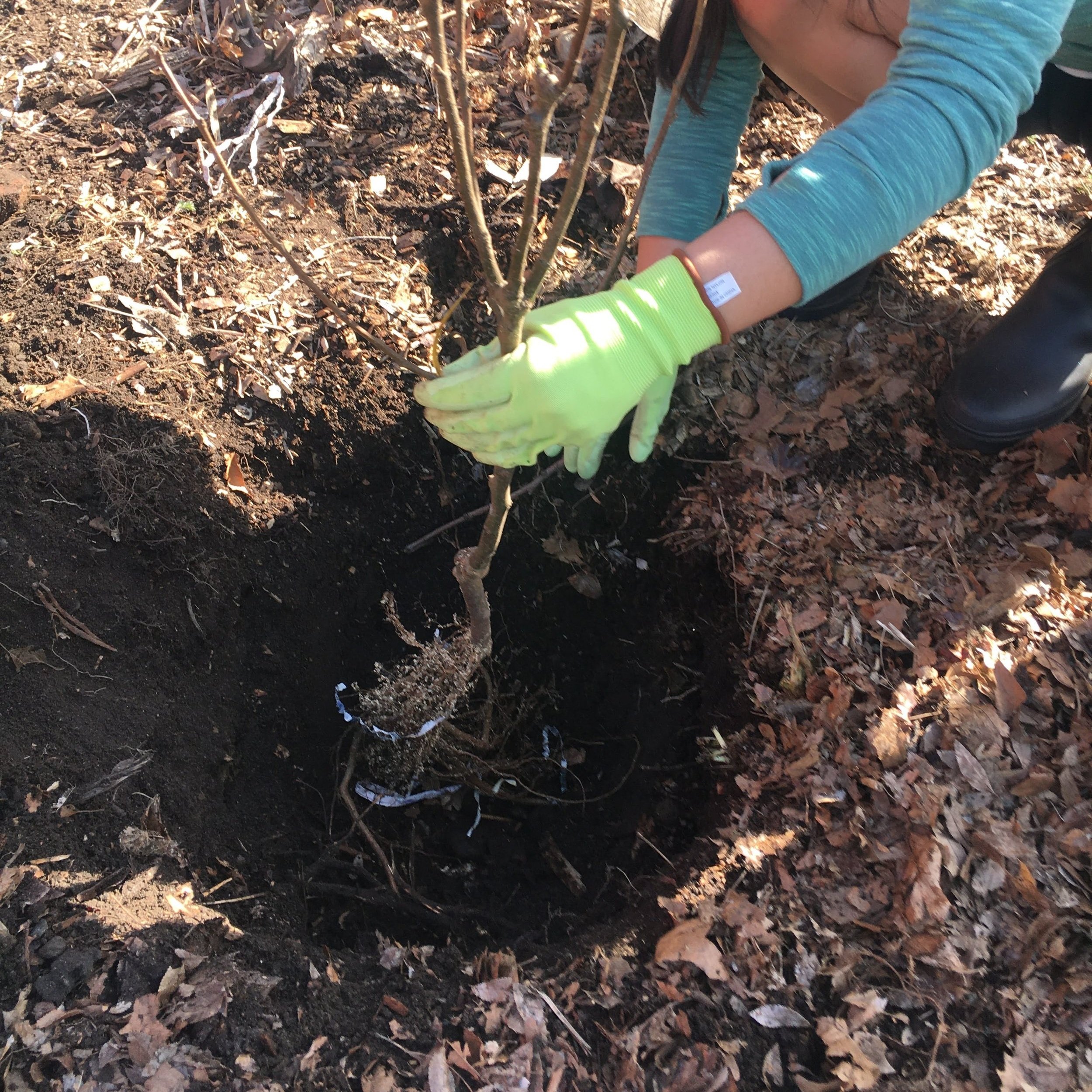Movement Education Outdoors empowers Black, brown, and low-income youth in Rhode Island to connect to the land they live on and the communities they live in. Through land and water based learning experiences that center the knowledge, joy, and liberation of people of color, we guide young people in developing the tools they need to become leaders in their communities for transformative change towards environmental and racial justice.
Mission
We believe that connecting with the land also allows us to connect to ourselves, our communities, and our ancestors. To facilitate these connections, all MEO programs incorporate four educational pillars:
-
Being outdoors is healing. We want to ensure that Black & brown youth can access those healing experiences. With MEO, youth learn to recognize and regulate their emotions and how those emotions manifest in their bodies. Through grounding exercises, collective movement, mindfulness, and breathwork, MEO introduces youth to practices that cultivate emotional and physical awareness. We teach about the effects of these practices on the brain and body and emphasize the practices’ roots in the cultures and knowledge of people of color. The social-emotional skills that youth gain through their experiences with MEO equip them to better handle the stresses of their day-to-day lives—and play a role in healing the unique intergenerational and personal traumas carried by people of color.
-
MEO teaches that the outdoors hasn’t always been a space of whiteness. Together, we learn about the ancestors who have moved through this land before us. We honor ongoing Indigenous relationships with (and sovereignty over) the landscape and we learn the stories of the Black and brown folks who have moved through the land known as Rhode Island over many generations. This process of reclaiming BIPOC relationships with land and nature involves reckoning with violent histories of colonization, enslavement, land theft, segregation, and systematic exclusion. But it also involves reconnecting with the ways that land has always provided our communities with opportunities for joy, survival, and togetherness.
-
Our environmental justice curriculum connects what youth learn about Black & Indigenous histories of Rhode Island to the realities of communities here today. Youth develop an awareness of the environmental inequities present in the landscapes around them, including the urban environments in which they live. As we look to the water, air, soil, food, and streets around us, place-based teaching allows us to show how systemic processes operate close to home. Youth come to understand the role of environmental racism in shaping their own lived experiences—as well as how Black & brown communities continue to fight for environmental justice.
-
Outdoor experiences with MEO help strengthen confidence, self-expression, self-sufficiency, and community. Youth take on new challenges and experiences, and find empowerment through the process of learning new skills. We intentionally structure our programming to provide opportunities for youth to take on increasing leadership roles, becoming mentors to new cohorts of participants and guiding the direction of future programming. We work to facilitate connections between youth and other organizations working for systemic change, and we guide youth to be empowered to act as agents of change in their communities.
Four Pillars
MEO’s vision is that Black and Indigenous history, environmental justice, and mindfulness practices become common sense in all areas of education and that the outdoors can be a space where young people of color feel seen, valued, full of joy, and prepared with the skills they need to be leaders in their communities.
Vision
Youth participating in outdoor experiences with MEO will:
Feel belonging in outdoor spaces.
Practice self-care and healing through movement and mindfulness.
Learn about the Native nations and tribes whose land we move on.
Find joy in the natural world & its living beings.
Connect to the histories of Black & Indigenous ancestors on this land.
Become stewards of the land.
Build relationships, confidence, and community.
Be empowered as agents of positive environmental and social change in their communities.









